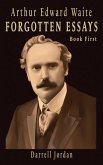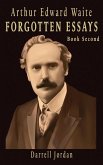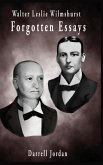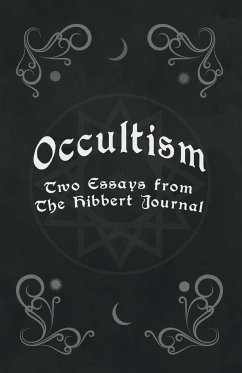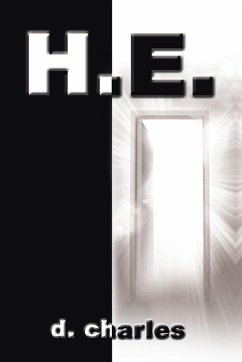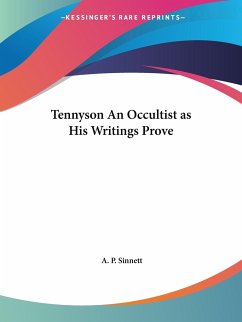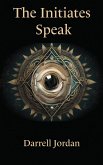This book is a collection of less known but noteworthy essays of Herbert Stanley Redgrove 1887-1943. This edition is compiled with edits and graphics. He was an Occultist, Chemist and founding member of the Royal Society of Chemistry. The insight so proffered by this learned Occultist, will perhaps lift the veil just enough, that more Light is shined on the Mysteries.From Introduction:In all departments of human activity in politics, in science and religion, principles, formerly accepted without question as fundamental, have been thrown down into the arena of controversy and subjected to a rigorous examination. And the results of this sifting process are a profound discontent, a restless chafing at the bounds of our present knowledge, which find expression in, and are peculiarly characteristic of the art of the period. "Light, more light!" were the dying words of Goethe, the pioneer of the nineteenth century, and the dying 20th century re-echoes them.Nothing is more remarkable than the change which has come over our habits of thought within the last few years. Until quite recently, it was considered a sign of intellectual superiority to rest content with the position of an Agnostic in regard to the most important subjects which can engage the attention of man. It was asserted that not only do we not know anything about God, the soul, or a future life, but that it is idle to enquire; that true wisdom consists in denial of the possibility of any such knowledge, and that every revelation which professes to give information on these subjects is the product of a distempered fancy. But this curious form of intellectual pride led the Agnostics, like the Puritans in Hudibras, to "Compound for sins they were inclined to, By damning those they had no mind to," and did not hinder them from indulging in the wildest speculations about the origin of life on the planet and gravely asserting that the chief difference between a man and a monkey is that phosphorus is present in larger quantities in the brain of the former.It was inevitable that the pendulum should swing back in the opposite direction, and the reaction from Agnosticism has resulted in a very strange phenomenon, the recrudescence of Gnosticism, a veritable revival of Alexandrian thought.During this life we are each of us "imprisoned in the five senses," and, though thought reaches out far beyond them, its range is limited by the capacity of the physical brain. In time that capacity will expand. Ideas easily grasped by the man of modern culture are beyond the comprehension of the savage.The improved intellectual mechanism of future generations will no doubt deal freely with conceptions which present culture cannot appreciate. Spiritual science, however, is an infinitude, and no attempt to interpret it in physical plane language will ever be more than suggestive and alluring.
Hinweis: Dieser Artikel kann nur an eine deutsche Lieferadresse ausgeliefert werden.
Hinweis: Dieser Artikel kann nur an eine deutsche Lieferadresse ausgeliefert werden.


